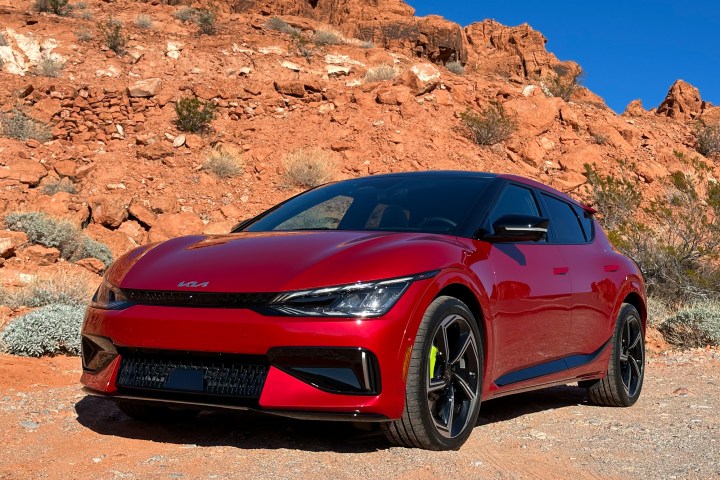EVs are great, but like any new technology still in its infancy, they can get pricey. For anything that’s not a Chevrolet Bolt EV or similar, you’re looking at spending at least $40,000. For most Americans, that immediately puts a decent EV out of budget. That’s also where tax incentives and other rebates come in — as a way to help customers afford electric vehicles.
But what about used EVs? Are they still eligible for those credits and rebates?
Are used EVs eligible for rebates?
Some used electric vehicles and some plug-in hybrids are indeed eligible for rebates, albeit at a lower rate than their brand-new counterparts. As of January 1, 2023, purchasers of used EVs can benefit from a tax credit of up to $4,000, which can significantly offset the cost of acquisition. This incentive is part of the government’s effort to accelerate the adoption of electric vehicles and reduce the carbon footprint of the transportation sector. By offering tax credits for used EVs, the government aims to make them more affordable and accessible for a broader range of consumers, including those who might not otherwise have the means to buy a new EV.
However, it’s important to note that the $4,000 tax credit for used EVs is subject to certain conditions and restrictions, which may vary depending on the specific vehicle model. We’ll get into those conditions below.
What are the conditions for a used EV rebate?

One of the primary conditions for a used EV or plug-in hybrid to qualify for a rebate is its age. To be eligible, the vehicle must be at least two model years old. This requirement helps ensure that the incentive is directed toward genuinely used vehicles and not simply showroom models or those with minimal use.
Another condition for a used EV to qualify for a rebate is the capacity of its battery. The vehicle must be equipped with a battery that has a capacity of at least 7 kilwatt-hours. To be eligible for the rebate, the vehicle must be sold by a licensed dealer.
There are also several other important conditions that must be met for a used EV to qualify for a rebate. The vehicle cannot have already been used to claim this specific tax credit, and it must be sold for less than $25,000.
You can also only claim the credit if the company has filed the paperwork for that particular model. You’ll want to check with the manufacturer if the model qualifies.
There are personal conditions that you’ll also have to meet. Notably, you can only take advantage of this credit once every three years, though given it’s a new program, everyone is eligible as of January 1, 2023. Also, you can’t have a modified adjusted income of greater than $75,000 for single filers, $112,500 for heads of household, and $150,000 for joint filers.
Depending on all of these conditions, you may qualify for a full or partial used EV tax credit (related: ERTC Credit).
How can I claim the used EV rebate?
To claim the used EV tax credit, you’ll need to file IRS Form 8936 with the tax return for the year that you purchased the vehicle. You’ll need to include information like the Vehicle Identification Number (VIN) on the form.



